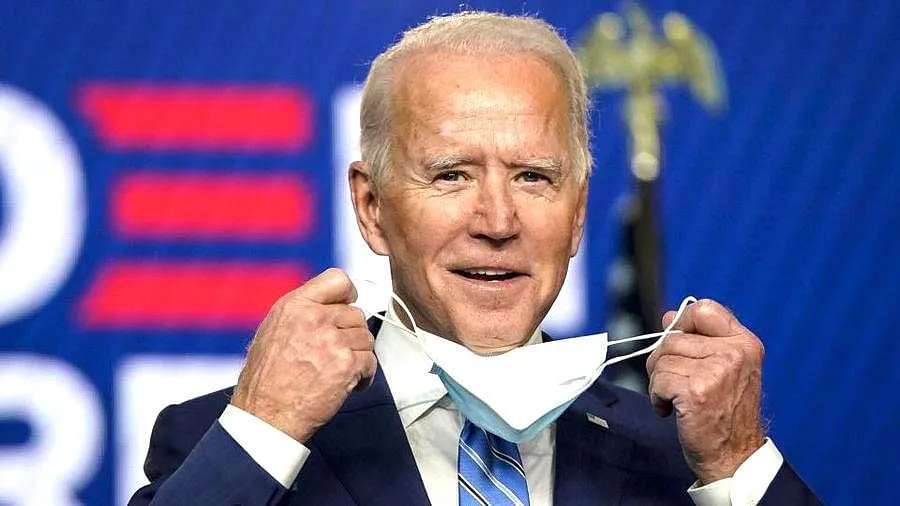On January 30, 2020, a year ago to the day, the World Health Organisation (WHO) declared COVID-19 to be a Public Health Emergency of International Concern. A month before that China had reported the emergence of a new coronavirus which was causing widespread infections but neither the Chinese nor the WHO took that as an alarming development. It was only around January 20, when China rigidly isolated its Hubei province where the virus was first identified that the WHO and the world began to really take note; even then the reaction was tardy. By February the infection was seen in substantial measure in many countries, especially in Europe, and it was becoming clear that world was coming in the grip of a deadly pandemic though it was only on March 11 that the WHO declared it as one.
It will remain a matter of political and scholarly debate for a long time if China and the WHO should have acted with greater urgency and seriousness immediately after the virus’s emergence to prevent this global pandemic catastrophe. Prima facie it is clear that they should have. On its part China is naturally refusing to accept that its actions were slow and irresponsible. The WHO was compelled to accept an investigation on its early responses to COVID-19. That enquiry is on and an independent team of investigators visited China. It is unlikely though that it will receive adequate Chinese cooperation. This view is fortified by China’s spinmeisters determined and extensive push to negate the view that the virus originated in China. Notwithstanding these efforts it will not be easy to shake off the strong belief among a large section of global opinion that China’s conduct was wanting. The fact that the Chinese economy is the only major economy which has registered growth when all others have faltered will only strengthen negative views of China though many countries will look forward to Chinese aid.
As I write these lines the total number of COVID-19 cases worldwide has crossed 10 crores. These have led to over 21 lakh deaths. Ironically, the United States, the world’s most advanced country has been the worst hit with over 2.6 crore infections and 4.35 lakh deaths. In terms of absolute numbers India has had the second highest number of infections at 1.06 crores and more than 1.5 lakh persons have died due to the virus but the Indian death toll is less than Brazil though it has had less infections. After the US and India, Brazil, Russia and Britain are currently the most impacted. The virus has mutated with British and Brazilian variants which have become more transmissible and some recent reports indicate that the latter especially can lead to greater fatalities. The good news is that vaccinations have begun in many countries, including India. They offer a substantial degree of hope of the containment of the virus later in the year.
There is little doubt that the Trump administration could have played a leading role in coordinating international efforts in reducing the extent of the spread of COVID-19 spread and in also mitigating its economic impact. It did the exact opposite. It initially refused to accept its danger. It adopted a cavalier approach to what the virologists and epidemiologists were advising. It moved erratically. It focussed on targeting China. The fact is that it could have pursued its aims domestically and abroad on COVID-19 management even while targeting China’s irresponsibility.
The Biden administration is seeking to undo the harm done by Trump’s policies by informing the American people of its continuing dangers and undertaking basic preventive decisions such as making the wearing of masks compulsory in federal government establishments. Above all, Biden has decided to resume full US cooperation with the WHO. This is a step in the right direction. But despite all this, and the intense vaccination drive that the US will undertake, a long and difficult road lies ahead.
Compared to the US and Brazil in India the virus has, mercifully, not exacted the same human toll. Naturally, there has been far less testing in India as compared to the US but it would not have been possible to overlook the fatalities if the virus had been rampaging through the country. What cannot be overlooked though is the grim economic consequences of COVID-19 and the initial misery of the migrant labour. It has caused a trail of suffering in financial losses especially of the poorer sections of society. It is noteworthy that the most affluent in the world have seen an increase in their wealth during this period. This only confirms the historic truth that in the most trying of situations it is weak and the vulnerable who suffer the most. This is illustrated by the news that the advanced countries have and are cornering supplies of vaccines for their populations.
In this context India’s decision to share vaccines, even in small numbers, is a signal of its commitment to global good. It has been welcomed by most countries even if cannot meet all their needs. Such assistance creates, at least for some time some goodwill and that is a useful lubricant for bilateral ties. But whenever assistance is offered it should seek to avoid undue publicity for the recipient knows the source and does not need to be reminded of it.
As a young man I had read the following words which have remained in my memory. “May we always be able to help a friend and be noble enough to conceal it”. It would be too much to expect this thought to guide international donors but the self-respect of donees should always be maintained. That is the way of effective diplomacy.






